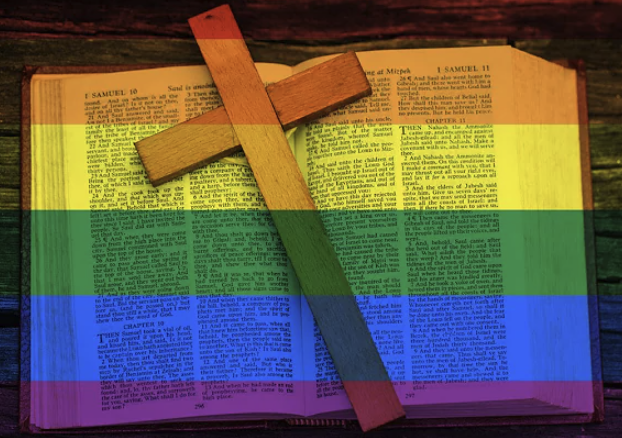The more I read about Pope Francis and President Joe Biden, the more I realize that they are similar.
I mean, both are Catholic, and that’s where the similarities end, right?
That may be the case for most, but they are quite similar in how they are covered by the mainstream press.
Let me explain.
Without getting too much into the weeds here, Biden has been dogged by multiple scandals involving his troubled son Hunter. You wouldn’t know that, however, from much of the mainstream press coverage of this presidency. Journalists remain too concerned with former President Donald Trump — how could they not? — and the recently-averted government shutdown.
Conservative media have covered Hunter Biden’s alleged wrongdoings and shady business practices since the 2020 presidential election. That was when the public was were told by the mainstream press that Hunter’s woes were based on Russian misinformation. Here we are nearly three years later and, yes, it turns out that there is a there there.
This brings us to Pope Francis and scandals swirling around him.
Wait! What scandals, you ask? Hold that thought.
The mainstream press has been fond of this pope and media consumers can see that whenever he says something that matches progressive left-wing political ideology. When it comes to scandal, however, there’s little to no coverage. Case in point: The Rupnik case.
Like Hunter Biden’s laptop, you may not have heard of the Rupnik case. Most mainstream news organizations chose not to cover the latest developments to come out of Rome just last month.
Thus, here’s a recap: Marko Rupnik, a Jesuit priest, became the focus of an investigation late last year when multiple allegations of sexual misconduct against him were reported in the Italian press. They mostly concerned sexual abuse of nuns who were part of Rupnik’s religious community and artistic studio in Rome.
When the extent of the allegations, over a period of many years, became evident, suspicions were raised that one of the most famous Jesuit priest in the world might have been given lenient treatment from the three most powerful Jesuits in the church.










